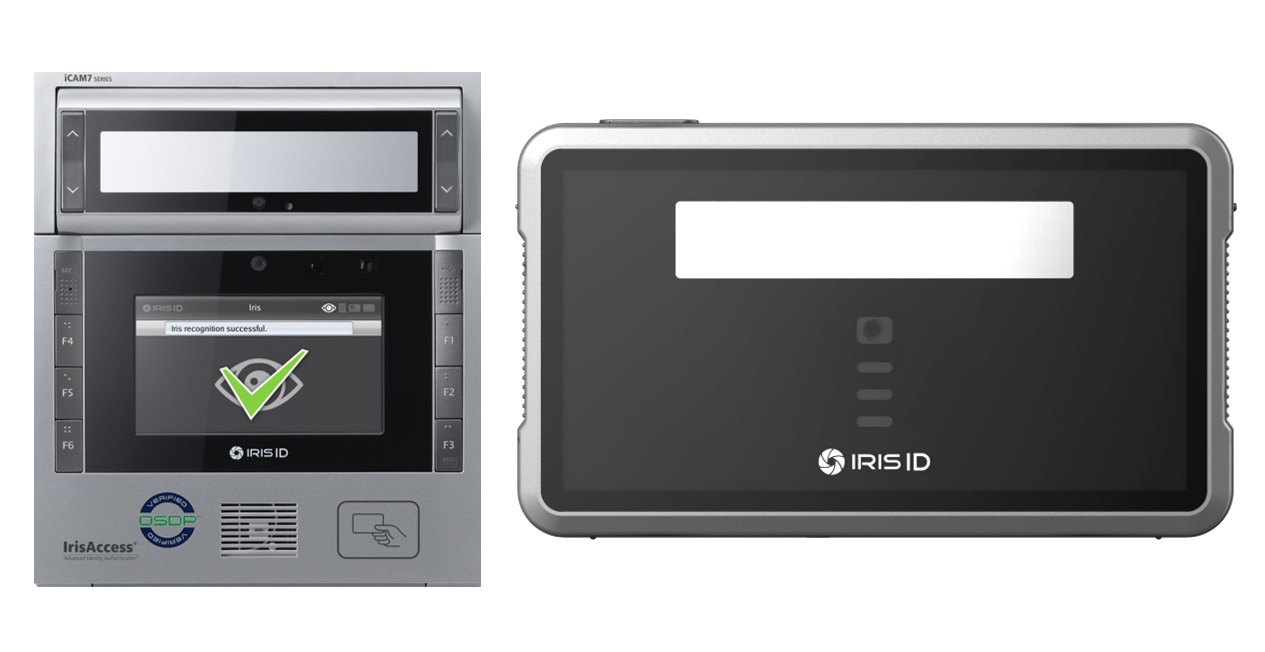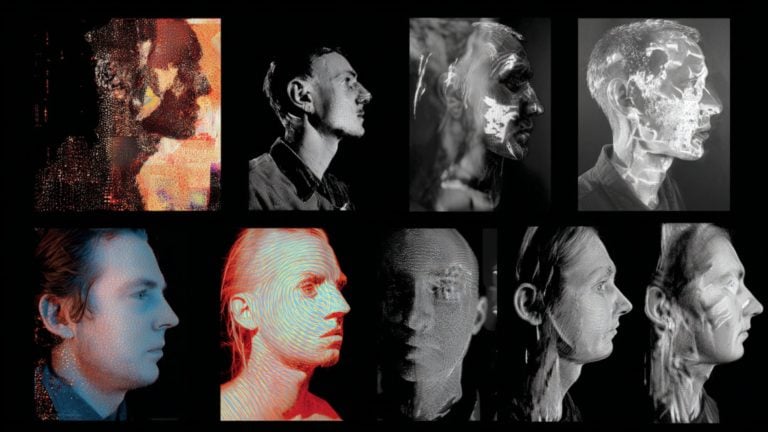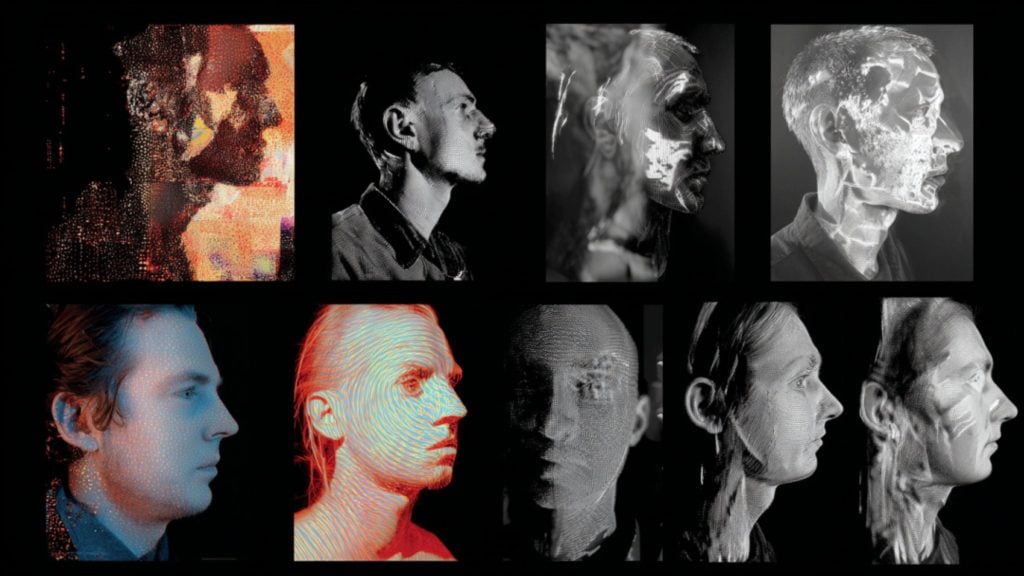As the digital landscape is quickly transforming, the Federal Bureau of Investigation’s (FBI) Next Generation Identification (NGI) Iris Service will likely come under scrutiny for the potential infringement on privacy and civil liberties.
The service, in collaboration with Iris ID’s technology, has amassed a staggering 2.5 million identities and is burgeoning at an astonishing rate of around 100,000 new identities monthly. In addition to this, the service has access to fifteen million identities present in other federal government databases.
While this might seem like a boon for law enforcement agencies in tracking down criminals, it raises serious questions about the extent of surveillance and the potential misuse of biometric data. The fusion of Iris ID’s technology with the FBI’s program has been ongoing since 2014. The service allows access to an enormous repository of iris biometric data coupled with fingerprint and face biometrics.

In a world where data breaches are not uncommon, the protection and ethical use of this sensitive biometric data become paramount. There is a potential risk of this information falling into the wrong hands or being exploited in ways that infringe upon civil liberties.
The recent integration of presentation attack detection capabilities into the FBI’s service is also worthy of examination. Though intended to thwart deceptive attempts against biometric systems, the wide-reaching surveillance capabilities have tremendous downsides. There is a thin line between safeguarding national security and creating a surveillance state, which could be detrimental to the freedoms and privacy of individuals.
What’s more, Iris ID is working on mobile capabilities, which may extend the reach of this biometric data collection. While this may be beneficial in high-volume scenarios like prisoner transportation or border control management, it also opens the door for sweeping surveillance that may not be justifiable. The accessibility and mobility of such data collection tools should be weighed carefully against the right to privacy.
Mohammed Murad, Iris ID VP of Global Business & Development, claims that the adoption of the technology is an indicator of the increasing appeal of iris recognition. However, one must ponder whether this appeal is blurring the crucial distinction between security and invasion of privacy.










